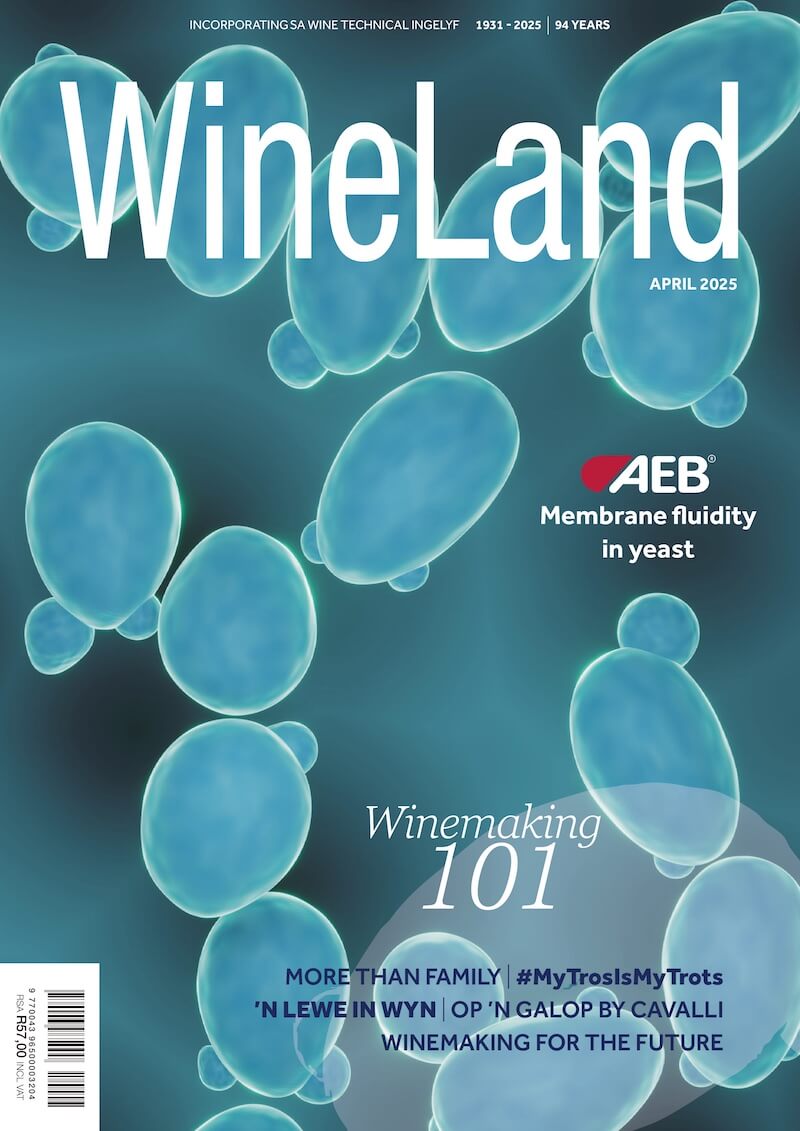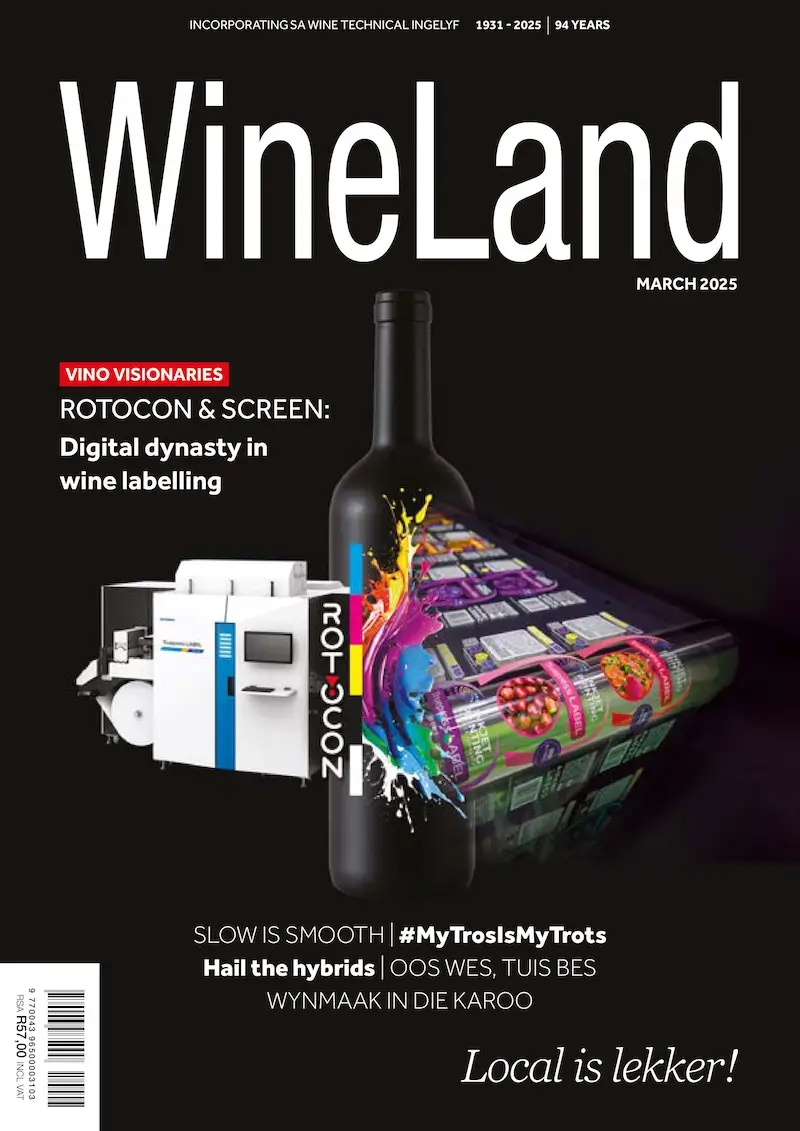
The Australian wine industry has always seemed to be mono-focused, when we first started to export seriously it was the UK, then the USA, and more recently/now China. The question is, is it time to find another country to focus on? I think so, for the last five years I have been suggesting that we should be looking much more closely at the rest of Asia- other than India, so that we don’t have too many eggs in the one Asian basket- so to speak.
OK so what are the signs that China is starting to fall out of love with us?
There are a number of indicators which on their own aren’t alarming or cause for concern but when added together should be ringing alarm bells. Here are the main ones:
1 – China is not happy with Australia in general terms, starting with us not siding with them in the South China Sea bun fight, followed by our perceived stance in the USA-China Trade war. There have been quite a few angry/warning noises towards Australia being made by the Chinese Government over the last 1-2 years. Not awarding the 5G contract to Huawei is a “biggie” of a black mark against us.
2 – In recent times a considerable number (if not all) wine shipments to China have taken way longer than “normal” or before to clear customs.
3 – The ability to send wine samples to China has all but been cut off. A decade ago we used to regularly send a dozen bottles of samples via Australia Post to potential customers in China – it was a swift & safe service. Then they cut it back to six bottles, then to three bottles, then down to just two bottles. Most recently the China Customs Department has started requiring the same documentation for samples as it does for a container full of wine.
So that now you can’t send samples by Australia Post, you have to use DHL or FedEx, costing $200-300 and you have to spend around $200 on government certificates. So that is around $500 (or more) to send two sample bottles to China. Wow if that isn’t slowing down business development, I don’t know what is.
4 – The Chinese Government’s current 5-year plan (yes they still have those) includes the almost doubling of their acreage under vine. Just stop and think about that for a second, they already produce more wine than what we do and they are aiming to double that!!! They have started exporting wine, but that will only be a small portion of their sales from the foreseeable future, so they are in effect planning not only to cover the increasing “middle class” population, but also to reduce the dependence on wine imports.
5 – In the last 4-5 years there has been a significant increase in the quality of Chinese wines. Five years ago, and then last year I attended Chinese wine tastings at the Waite Campus of Adelaide University and in that time there was a marked improvement in the quality of the wines tasted. It is easy to dismiss the rising quality, just like the French dismissed English Sparkling wine until the Nytimber Bubbles beat the Champagne in that famous tasting last decade.
Hey I am not saying that wine sales to China will suddenly collapse but rather that is going to become increasingly difficult to maintain, let alone grow wine sales into China.
So I am suggesting that the more ‘switched on’ wineries, should be looking at expanding their exports to other parts of Asia, such as Korea or Japan- where we have Free Trade Agreement (FTA) in place- look at the rise of Chilean wine in Japan- in 5 years after signing their FTA they went from #6 imported wine to #1- imagine if we could do that, or even become #2 behind Chile.
How about Vietnam, whose economy is booming, or even Indonesia where despise being a Muslin Country (as everybody keeps telling me) there are around 6 million expats and non-Muslims living in the most tolerant Muslin country in the world- ignoring that is a bit like ignoring Sydney in your Australian wine sales. We have a client who has started exporting wine to Timor Leste.
Food for thought.
![]() About Dan Traucki | Director, wine Assist, Member Wine Century Club | With almost 30 years experience in the wine industry, after having started out life as an accountant, Dan Traucki, director of Wine Assist, has a broad depth of knowledge of the wine industry,
About Dan Traucki | Director, wine Assist, Member Wine Century Club | With almost 30 years experience in the wine industry, after having started out life as an accountant, Dan Traucki, director of Wine Assist, has a broad depth of knowledge of the wine industry,













